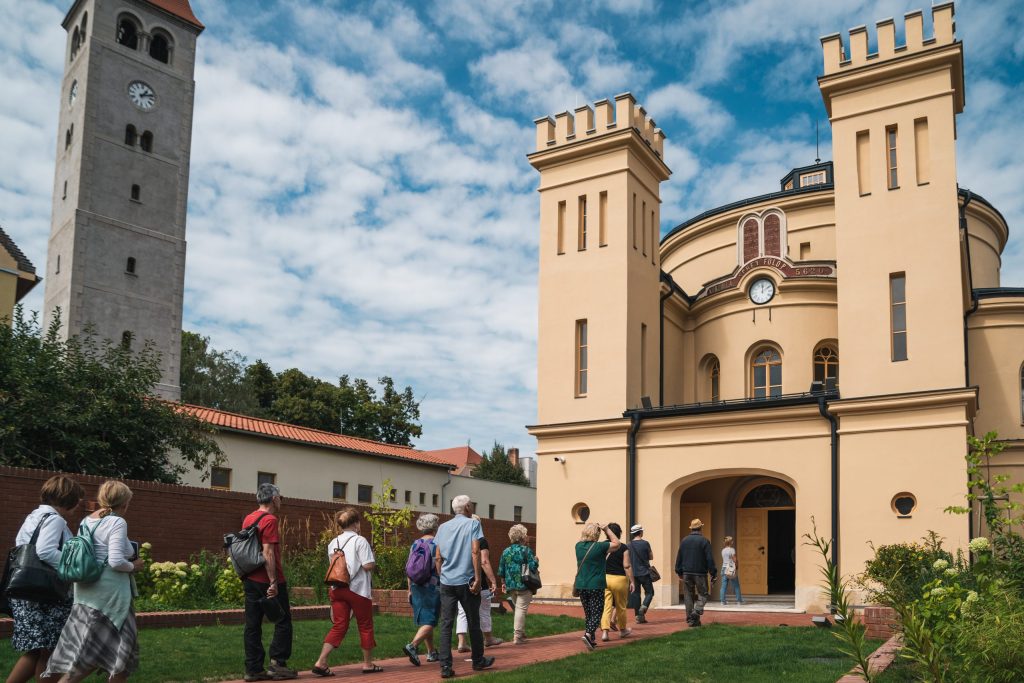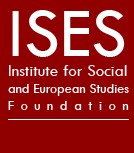The synagogue was built in romantic style in 1856 with the support of Fülöp Schey. Following World War II, the abandoned building gradually decayed. By 2016, the building has become the property of the Hungarian State. The architectural planning of the renovation started at the end of 2017 and was finally completed in 2021 within the framework of the national Kraft program.
During the restoration of the interior, efforts were made to preserve as much of the surviving building as possible; therefore, the entire surface of the walls were renewed by restorers, in addition to modernization in line with current principles and requirements and the installation of engineering, electrical and light-current systems. Descendants of the Schey family have followed the developments from Austria, the United Kingdom, the Netherlands, and the United States of America.
Despite its relatively small size, this jewel of a building is of outstanding historical, architectural and religious significance due to its design, location and accessibility. The comprehensive renovation that is planned to include the rabbi house, the school and garden, as well as the related rehabilitation of its surrounding environs, will provide the city with enhanced attraction and appeal.
The building complex has multiple purposes: a cultural, exhibition, training, and conference center that attracts the city’s residents, academic and educational institutions, as well as visitors.
Organized by the Institute and its partners, the synagogue offers cultural and scientific programs and hosts musical events thanks to its excellent acoustics. The synagogue’s rebirth has reconnected the town of Kőszeg to the national and international cultural space and makes Kőszeg a Central European center for heritage-based experiential tourism in the spirit of the KRAFT-program’s objectives.

